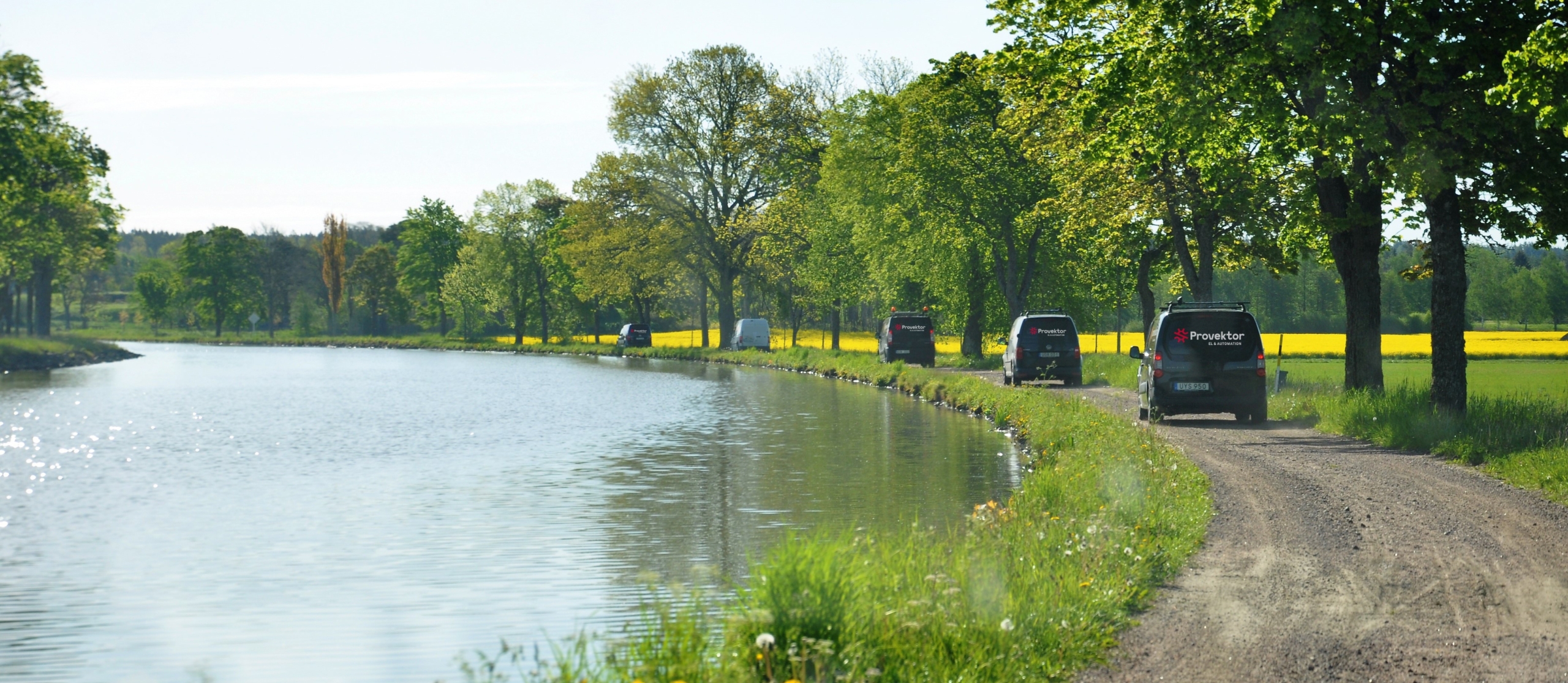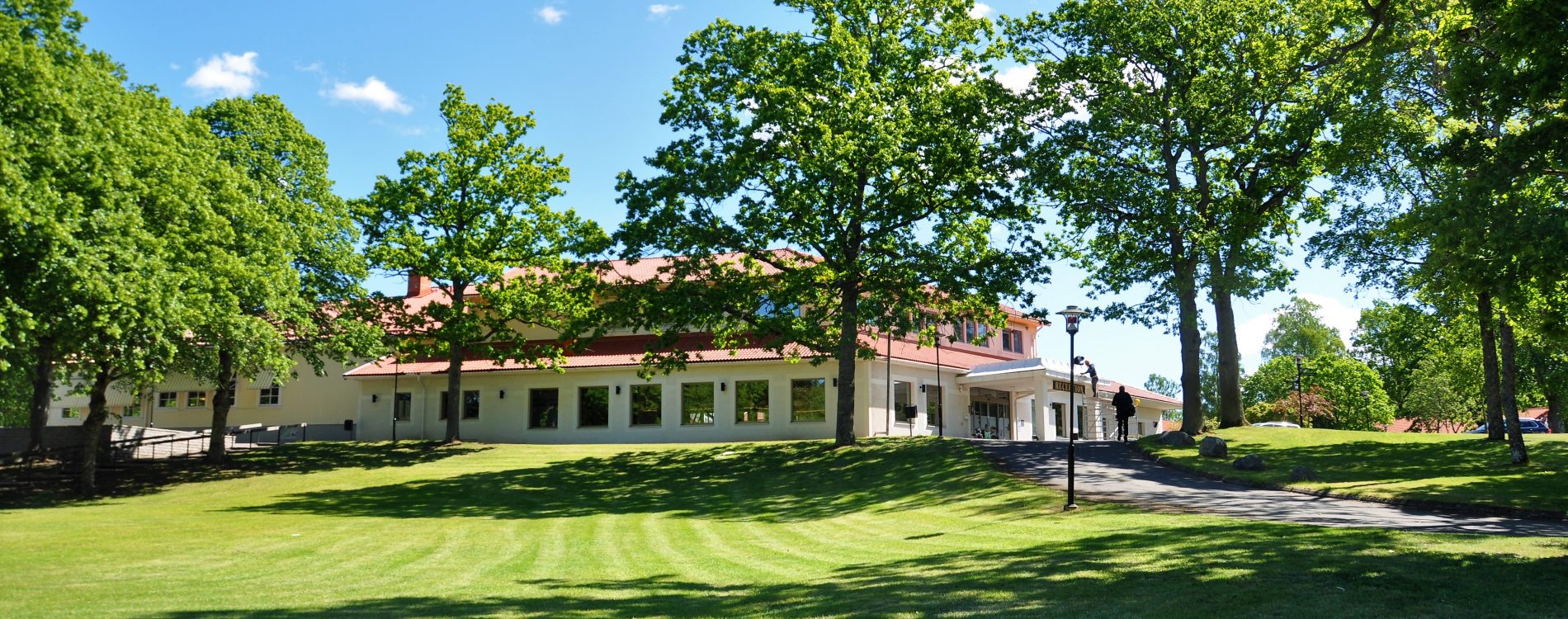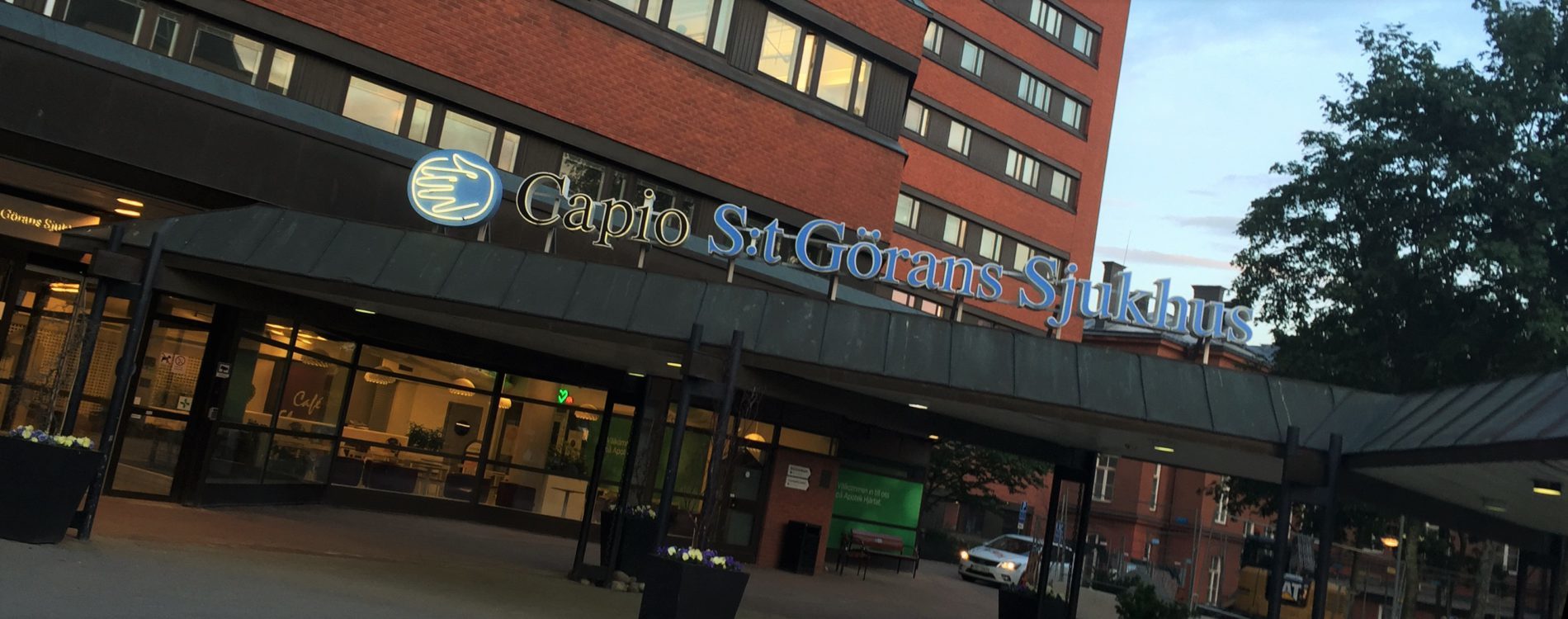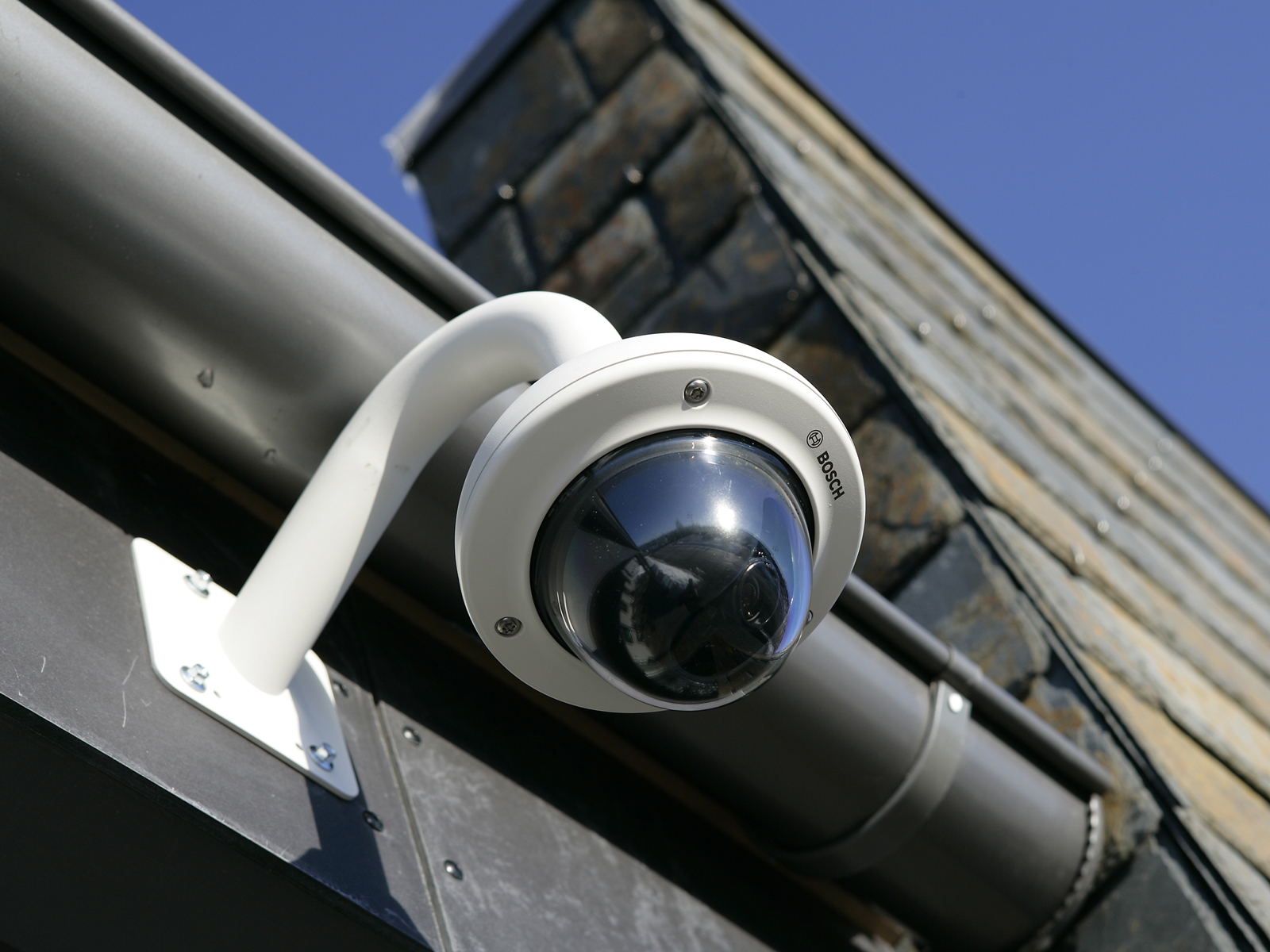
Camera surveillance
We at Provektor have the necessary experience and work independently with the market's leading brands to find the right cameras for your needs, in all types of environments.
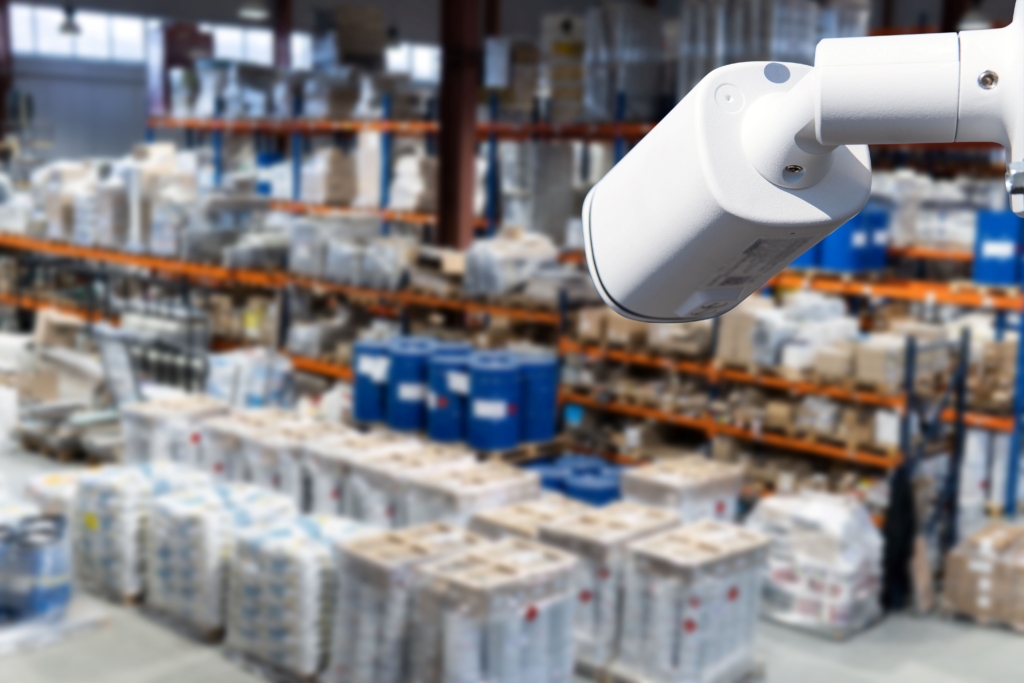
Camera surveillance
Camera surveillance is an important tool for increasing the sense of security, as well as a key component of many access control systems and automation solutions. Surveillance cameras not only help to prevent unauthorized access, but of course also facilitate the investigation of what happened afterwards if something does happen.
Process monitoring
One area where cameras are playing an increasingly important role is process monitoring. There are many applications, such as fast and safe parcel sorting on an assembly line. In a warehouse, cameras can be used to store data on truck movements to optimize different types of goods or the placement of goods. Another common application is the convenient monitoring of solar panels in harsh weather conditions.
We at Provektor have the necessary experience and work independently with the market's leading brands to find the right cameras for your needs, in all types of environments.
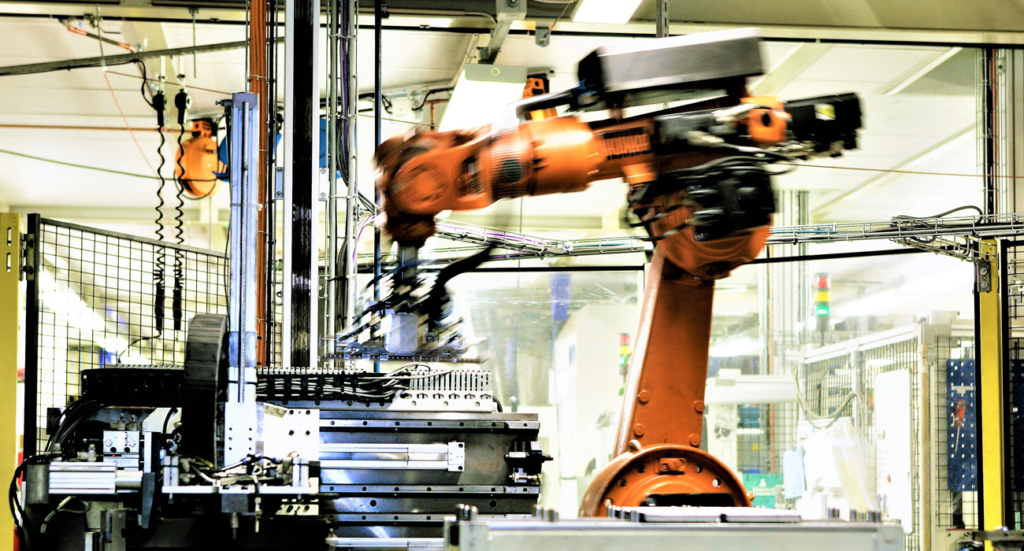
References
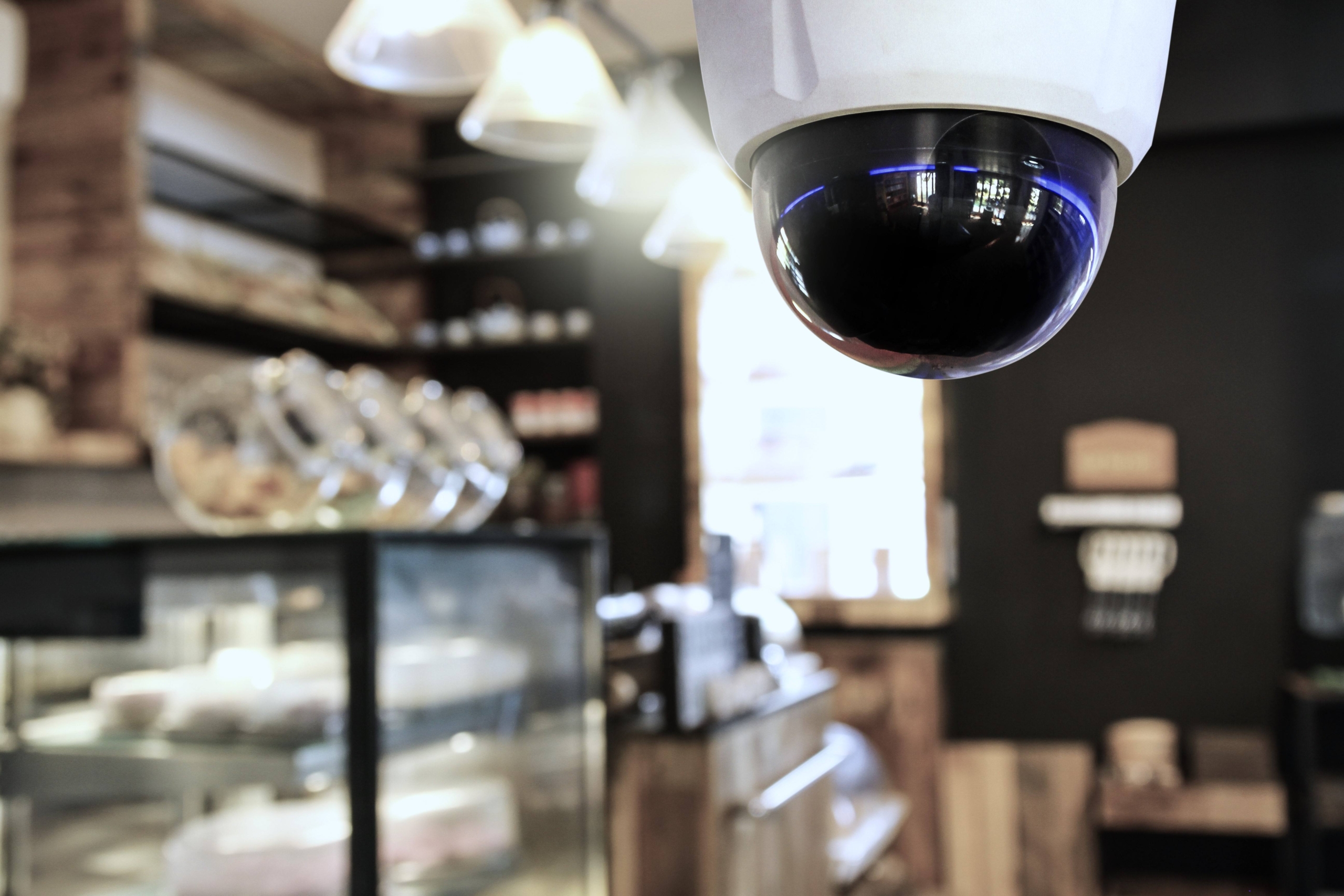
Frequently asked questions
Two laws apply to camera surveillance. The Camera Surveillance Act and the General Data Protection Regulation (GDPR). For private individuals monitoring their own property, no permit is required. Simply put: The law applies to places where the public has access. In other words, you can monitor your property but not the street outside. However, the fact that permission is not required under the Camera Surveillance Act does not necessarily mean that it is permitted under the General Data Protection Regulation.
It all depends on where you want to put it, e.g. outdoors or indoors. What you want to see, when you want to see it, the distance to what you want to see. If you want to look at several different things with one camera. Lighting conditions have a major impact on the choice of camera. If there is a risk of the camera being damaged, this should also be taken into account.
There is no exact time specified in the law. The law says the shortest possible time. The European Data Protection Board recommends three days. But if there is a concrete need for a longer period, it may be allowed.
Essentially no. Even if it is in a private residence, it is also a workplace, and being watched in a workplace may be contrary to the Work Environment Act. An alternative could be that home care workers have the right to cover the camera while working.
Today, the vast majority of camera surveillance systems support apps. You can also receive push notifications in the app if the camera detects movement in the image or if the camera loses connection with the network. A prerequisite is of course that the camera is connected to the internet.
Yes, there are cameras that can be connected via Wi-Fi. The recommendation is to use wired systems. In a home environment, Wi-Fi can work satisfactorily, but outdoors and in shops, for example, a wired connection is usually a better option. Consider the power supply, even if the camera is connected via Wi-Fi, it needs power. There are good battery-powered cameras, but remember to charge them. Some simple battery-powered cameras stop working completely when it's really cold. If the camera is connected to the network via cable, it can also be powered via the network cable, Power over Ethernet (PoE).
There are cameras with a day/night function. In daylight or good lighting you get a color image. The night function means that the camera can see infrared light and you get a good black and white image. Lighting with IR light is not visible to the human eye so you can illuminate an area without disturbing the surroundings.
Yes, absolutely. Just keep in mind that it usually requires some kind of subscription. But the advantage is that in the event of a burglary or fire, the films remain in the cloud.
Curious about Provektor? Get in touch and we'll tell you more!
